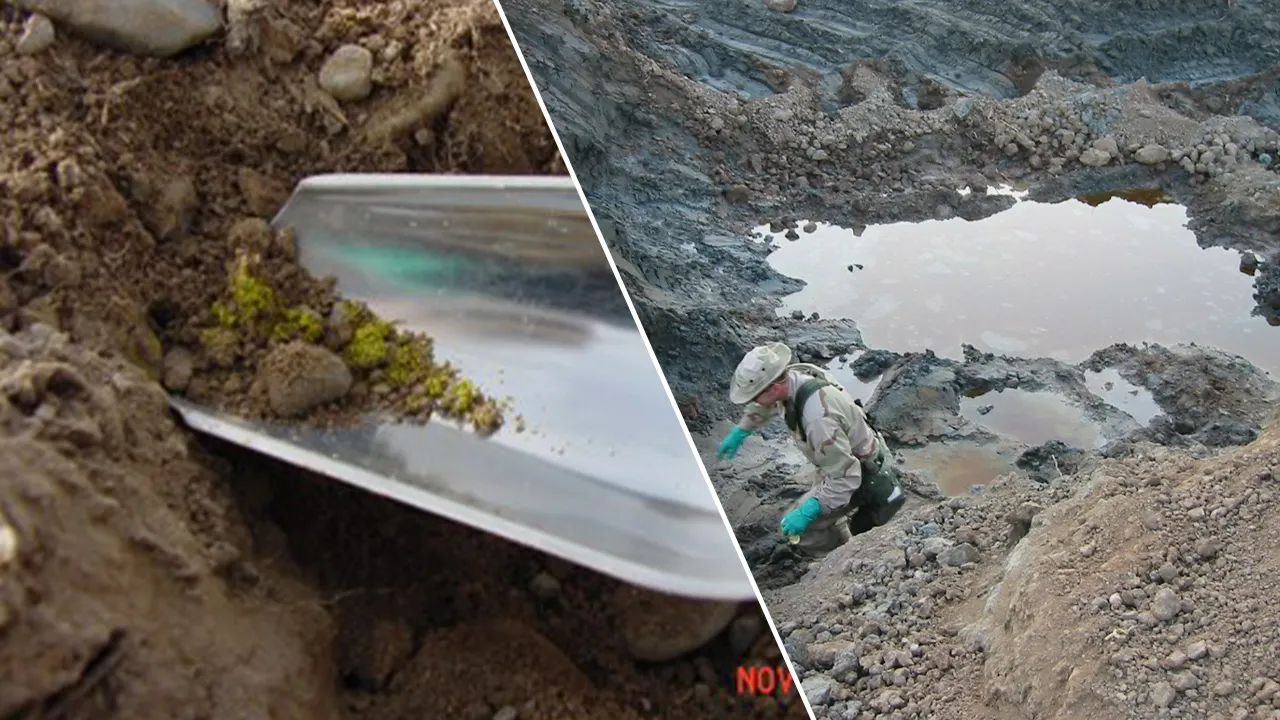K2 Air Base toxic exposure linked to rare cancers as veterans await Pentagon study

At the former Soviet base-turned-CIA black site and U.S. military base in Uzbekistan, researchers were immediately aware of the dangers that lurked not just from the enemy, but from the environment itself. Karshi-Khanabad Air Base, or K2, played a crucial role as a launchpad for U.S. operations into Afghanistan following the tragic events of 9/11. However, for the thousands of American troops who were stationed there, it may have been a silent killer in the form of toxic chemicals.
Matthew “Nick” Nicholls, an Army environmental technician and preventive medicine specialist, was part of a team tasked with assessing the environmental hazards at K2. According to Nicholls, the base was a “toxic soup” of chemicals that posed a severe health risk to service members. Yellowcake uranium seeped from the ground, while jet fuel and volatile chemicals from decaying Soviet rocket bunkers contaminated the soil and air. The fumes that hung over the base were a constant reminder of the hazardous conditions.
Despite the warnings provided by Nicholls and his team to the commanders, only some precautions were taken, leaving many exposed to the toxic environment. Reports of rare and aggressive cancers, reproductive organ diseases, osteoarthritis, and unexplained deaths among K2 veterans have become all too common. Many veterans struggle to receive adequate medical care or recognition from the Department of Veterans Affairs (VA).
While the VA acknowledges that K2 veterans may have encountered hazardous exposures, the studies conducted so far have not been deemed conclusive. Rep. Mark Green and Rep. Stephen Lynch have pushed for a more thorough epidemiological study to be conducted to fully understand the extent of the contamination and its impact on the health of veterans.
Green has been vocal about the delays in completing the study and ensuring that K2 veterans receive the care and benefits they deserve. He has introduced legislation to formally recognize the link between K2 toxic exposure and diseases like cancer, ensuring affected veterans qualify for the necessary care and support.
The VA’s move to expand access to disability for K2 veterans and lower the burden of proof for linking illnesses to their service is a step in the right direction. However, advocates argue that more needs to be done to address the long-term health risks associated with exposure to toxins at K2.
As discussions continue on how best to support K2 veterans, it is crucial to remember the sacrifices made by these service members and to ensure that they are not forgotten in the bureaucratic processes. The health and well-being of those who served at K2 must be a top priority, and steps must be taken to provide them with the care and support they deserve.




